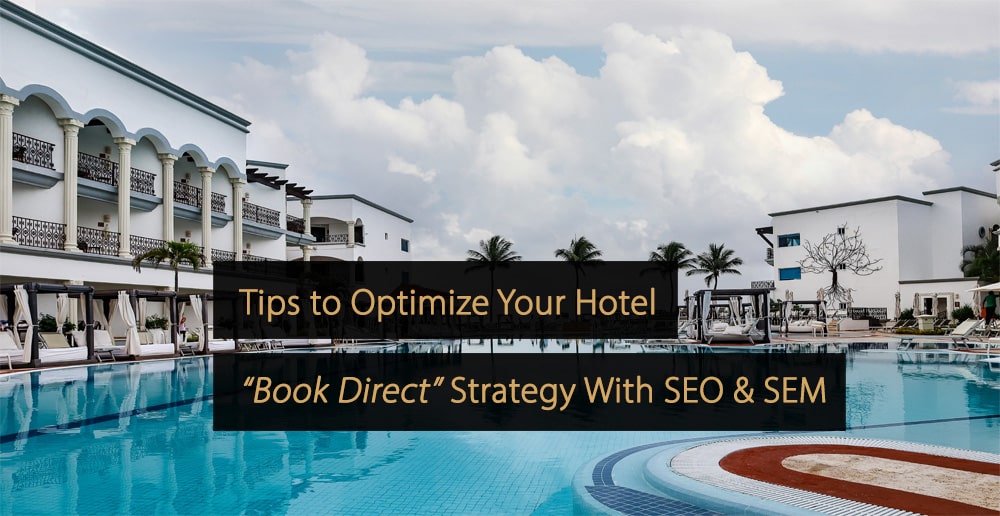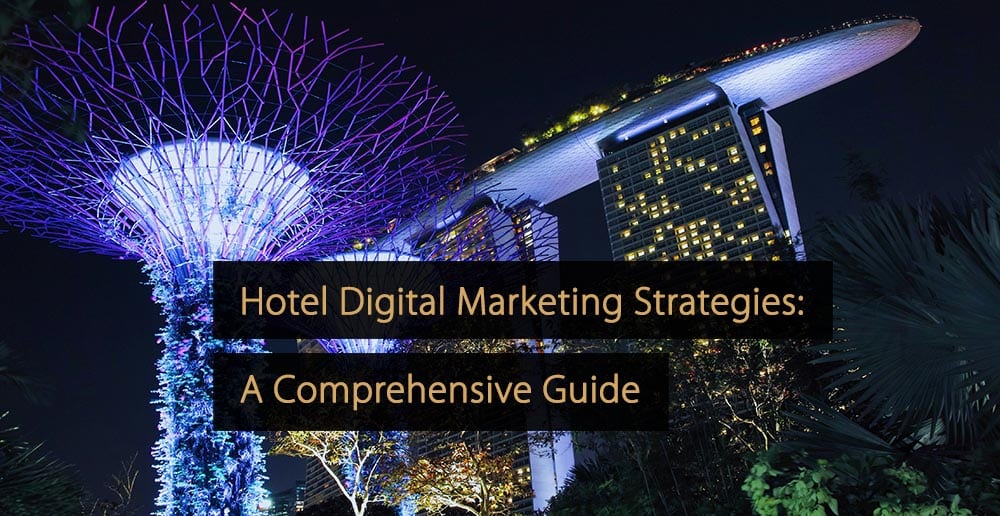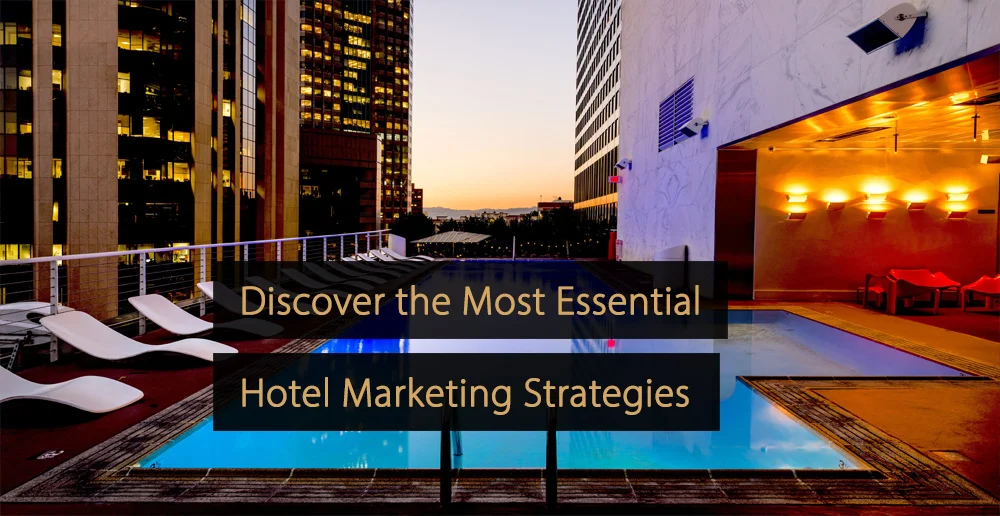As core tactics in the digital marketing strategy toolbox, search engine optimization (SEO) and search engine marketing (SEM) are potent drivers of direct bookings. A carefully balanced mix of SEO and SEM will give your hotel “full-funnel” visibility, which means that guests will be exposed to your brand several times throughout the consideration journey.
Increase Direct Bookings
A successful “book direct” strategy requires a modern booking engine that’s easy to use. It encourages upsells, an active and authentic online presence that drives organic and paid conversions, and effective search engine optimization that ranks your hotel above its competitors.
The stakes are high: each direct booking gives your hotel a chance to own the relationship with that guest, which allows you to foster long-term loyalty. There’s also a short-term benefit: fewer commissions paid out to intermediaries, which means more profit for your hotel.
When it comes to SEM, the stakes aren’t just high – but also expensive. There’s very much a tradeoff between affordability and efficacy. You’ll not reap the rewards over time as you might with an SEO strategy that stays current with the latest algorithmic changes and search trends. Instead, it’s pay-to-play, meaning you must put cash into the machine to get clicks and conversions.
So how do you make SEO and SEM work together for your hotel? The key is building a keyword strategy that aligns technical SEO work with your content plan and SEM campaigns.
When Do I Pick Between SEO vs. SEM?
Conceptually, the difference between search engine optimization (SEO) and search engine marketing (SEM) is straightforward: SEO is a foundation for long-term digital marketing effectiveness, and SEM is your go-to, get-it-done performance engine. For most hotels, it’s a rapid-response, performance marketing tool. When you need to drive bookings, allocate the budget to SEM.
When you want to build a sustainable direct booking strategy that increases profitability per booking, invest in SEO. As your optimization efforts come to fruition, SEO will be an investment that builds over time. Eventually, you’ll earn more organic traffic without spending on a cost-per-click basis.
One crucial distinction between the two digital marketing tactics is the timeframe. SEO is a long-term investment in your hotel’s website that builds over time. In contrast, SEM is a short-term performance-driven tool to boost market share, increase occupancy and accelerate pickup.
Effective SEO requires research on optimal key phrases, which becomes the foundation for a content strategy and on-page SEO across your website. From there, it’s a continuous effort to optimize and adjust to frequently changing search engine algorithms. Since rankings are constantly in flux, SEO is a long-term strategy that requires ongoing commitment. Otherwise, you’ll see any SEO gains diminish over time as competitors out-position your hotel in organic search.
On the other hand, SEM is more of a near-term, “instant action” tactic. Since SEM is campaign-based, targeted campaigns can be launched quickly, with real-time results, so you can evaluate the impact and adjust tactics immediately. All it takes is putting a payment method into an SEM ad platform, uploading copy, choosing your key phrases, selecting an objective, and setting the campaign live. SEM can be used as a rapid response tactic to build awareness, fill gaps and optimize your entire purchase funnel.
7 Practical Tips to Optimize Your Hotel “Direct Booking” Strategy
Below you will find seven tips to optimize your “direct booking” strategy with search engine optimization (SEO) and search engine marketing (SEM).
1. Use Content Clusters
Rather than just reusing the same keyword repeatedly, create a content plan that clusters similar content around specific campaigns and marketing objectives. This may include blog posts, dedicated landing pages, and even product and offer pages, each optimized for a single priority keyword or key phrase, with just 1-2 related keywords/phrases. Then, interlink those keywords and phrases to supercharge your SEO.
2. Target by Intent
All things being equal, focus your SEM budget on the highest-intent keywords and use SEO to build awareness so that potential guests are introduced to your brand before seeing an ad.
3. Upgrade Your Blog
Your blog is your portal to the longtail. The “long tail” of search refers to the vast majority of keywords and phrases that don’t get much traffic. But, since there are many more of those, the sheer number of searches is more significant. To rank well for these keywords, do your research and work with expert content creators who can help you hit your targets and craft content that resonates with your ideal guests – and ranks well in search results.
4. Use Custom Landing Pages
SEO and SEM use landing pages with relevant content based on what the customer saw before clicking. So an ad for a summer pool escape would land on a pool-focused page (SEM) with a URL ending in “summer-pool-escape,” which can then be linked from your blog post on “the best pool games to play in a hotel” (SEO).
5. Don’t Cannibalize Keywords
Don’t overboard and cannibalize your SEO targets as you follow the landing page strategy and match each SEM campaign to a relevant landing page. For example, if your hotel targets that keyword for its homepage, it wouldn’t make sense to target a blog post for “hotel in New York City” as well.
6. Understand “Soft” SEO Signals
Search engines use a variety of signals when determining to rank. Your online reputation hinges on four factors: review recency, density, and velocity, as well as review responses. So you also have to consider other factors, such as influential review sites like Tripadvisor, Google, Facebook, and individual OTAs. Each review influences your organic SEO, as review platforms use review signals in their ranking algorithms. You should respond thoughtfully and regularly to reviews as a positive review signal.
7. Be Patient
Search engines are constantly tweaking their algorithms, meaning site rankings change frequently. SEO takes patience, while SEM can be turned on at will. SEO requires a comprehensive strategy that adjusts tactics based on the latest updates.
Free Guide: Increase Hotel’s Direct Bookings with SEO and SEM
This guide will teach you the variations and subtleties between these two digital marketing pillars. Learn how to maximize paid placements and organic search while making the most of your marketing budget.
Click here to download the guide “Increase Your Hotel’s Direct Bookings with SEO and SEM”.
SEO and SEM are the most valuable structural elements in your strategy toolbox as the two core pillars of your digital marketing. With SEO driving your long-term competitiveness for direct bookings and SEM turning lookers into bookers, your hotel will build a foundation that drives performance and brand awareness.
More Tips to Grow Your Business
Revfine.com is the leading knowledge platform for the hospitality and travel industry. Professionals use our insights, strategies, and actionable tips to get inspired, optimize revenue, innovate processes, and improve customer experience.Explore expert advice on management, marketing, revenue management, operations, software, and technology in our dedicated Hotel, Hospitality, and Travel & Tourism categories.








The author provides practical tips and examples that are easy to understand and implement. I particularly appreciate the emphasis on the importance of local search optimization and the benefits of a well-executed PPC campaign. Overall, this article is a valuable guide for any hotel looking to boost its online presence and attract more guests.